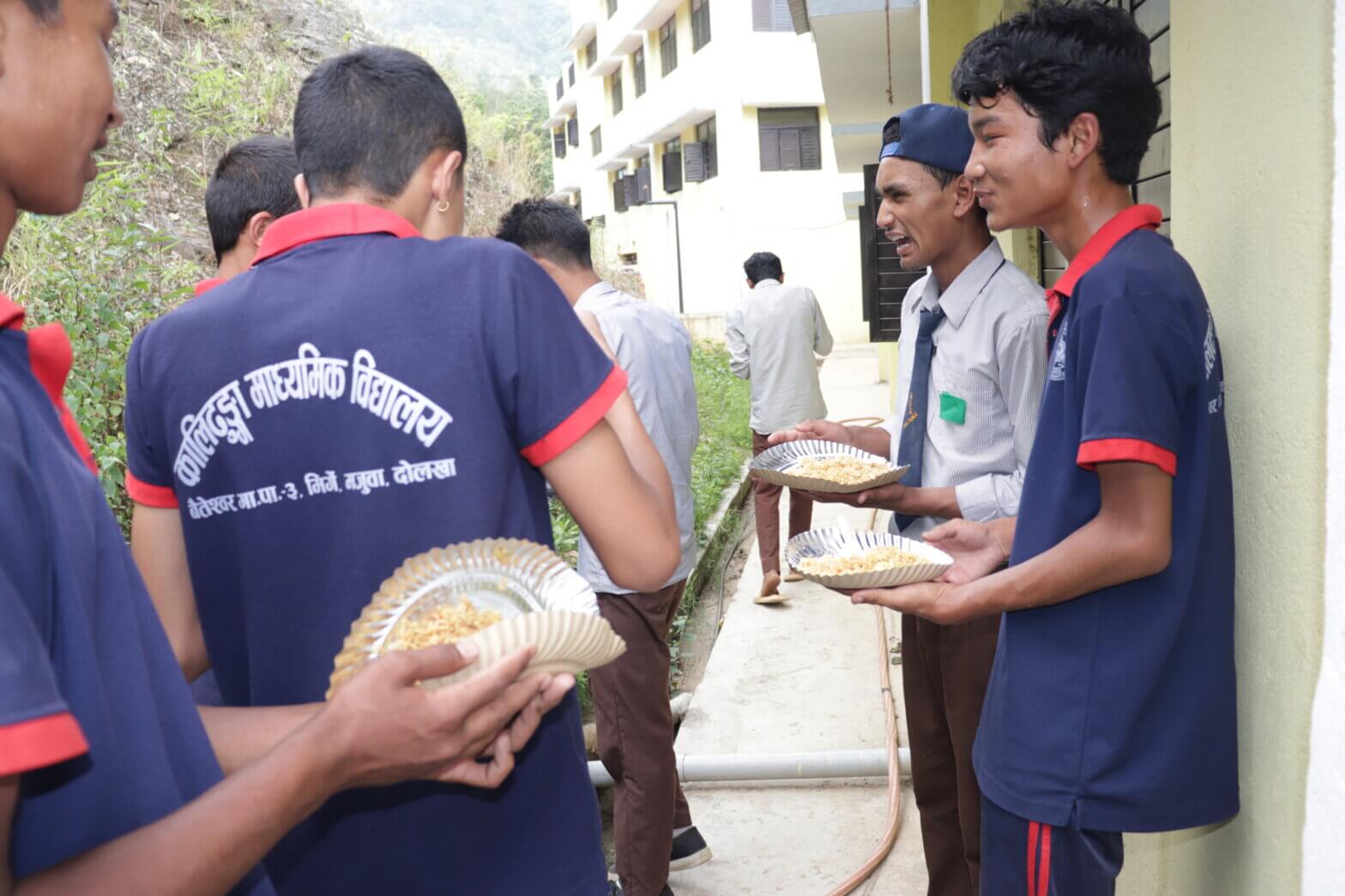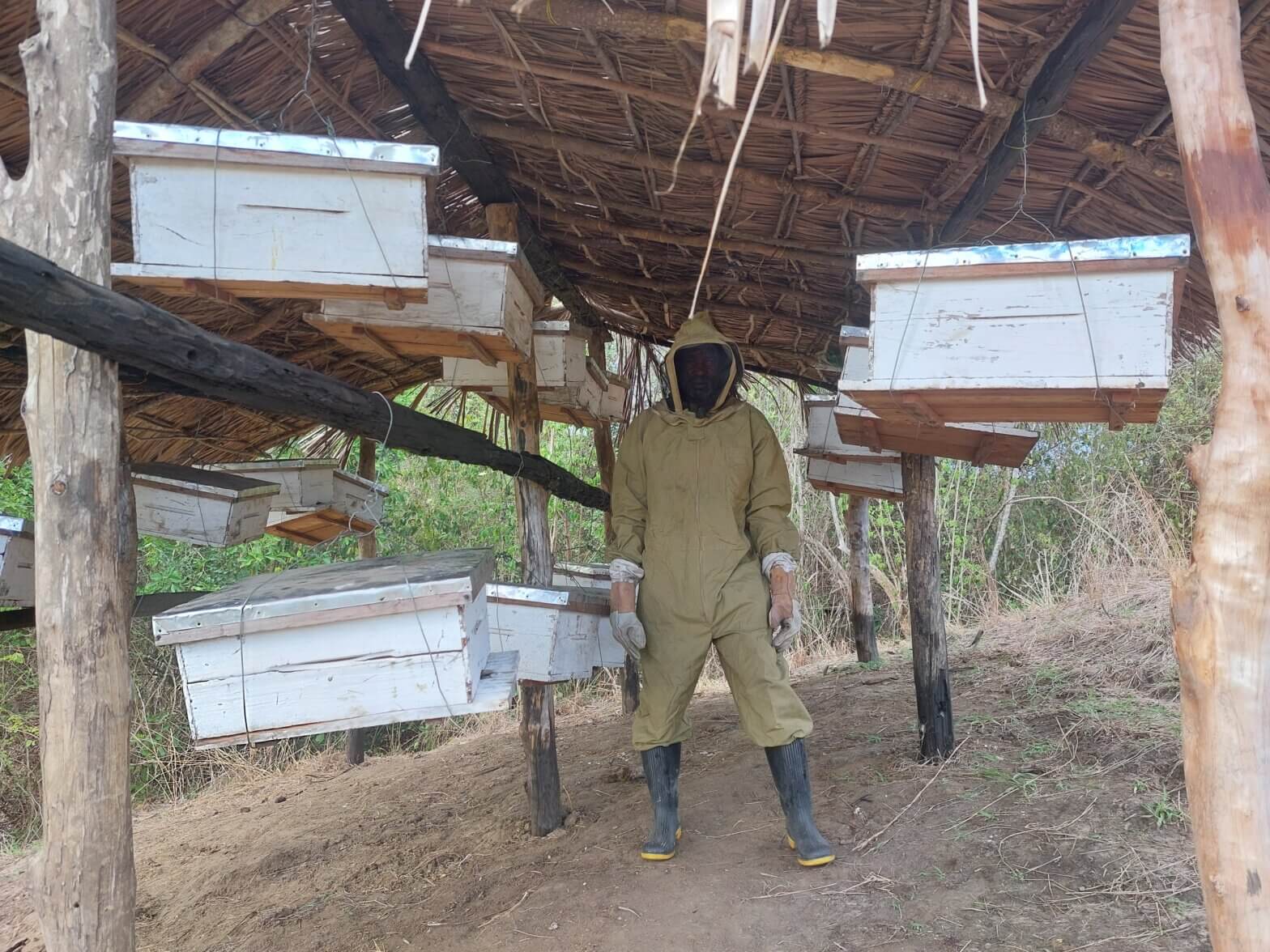Project GAERS – Training Farmers to Develop Natural Fertilizers in Farm Laboratories in Nigeria
The GAERS project aims to train smallholder farmers in Sokoto State, Nigeria, in the development and use of natural fertilisers. In thisregion over 87.73% of the population lives below the poverty line and agriculture is affected by high production costs and insufficient government support. Ten selected farmers (five men and five women) are to learn how to produce natural fertilisers and pesticides from local resources. They will be supported by volunteers, who will disseminate the knowledge in the region. The aim is to reduce dependence on expensive chemical fertilisers, increase soil fertility and thus improve yields. The farmers learn how to use microorganisms and biological methods to improve the soil through online and face-to-face training. The project, which is to be financed with just €1,000, promotes sustainable agriculture, reduces environmental damage and aims to improve food security in the long term.
Integration of local farm production with school fed program
This project aims to enhance the nutritional quality of mid-day meals for students by replacing junk food with locally produced organic farm products. Additionally, it seeks to transform schools into community learning centers, providing educational resources and fostering community engagement. By securing a stable market for the organic produce of local farmers, the project will generate sustainable income for these farmers. Furthermore, it will promote the use of electric cooking methods to reduce reliance on biomass and LPG, contributing to a more sustainable and eco-friendly environment.
KIBAHA BEEKEEPING TRAINING CENTER
The Kibaha Beekeeping Project in Tanzania, led by Ibrahim Hussein and supported by Weltweit and the Environmental Conservation Action, aims to harness the region’s rich biodiversity for sustainable economic growth. The project is establishing a Beekeeping Training Center funded by the BMZ Small Project Fund and the Ursula Merz Foundation, offering education and practical experience to new and experienced beekeepers. Through training, market access at trade expos, and environmental conservation efforts, the initiative seeks to increase local income, improve agricultural yields, and protect the Ruvu North Forest, promising a future of sustainable livelihoods and ecological resilience.


